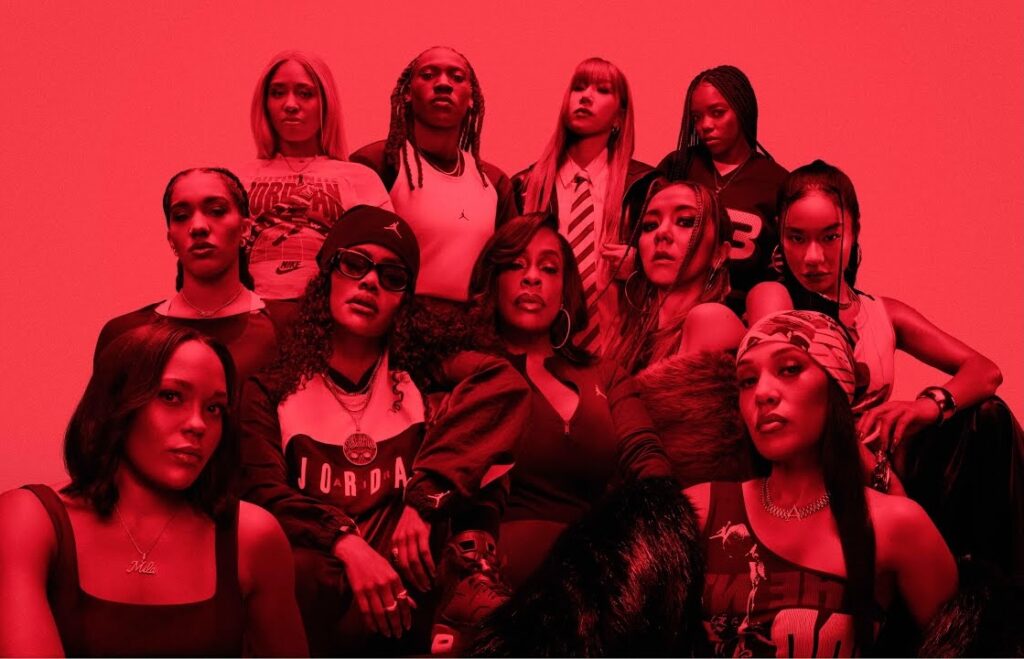Trans Supermodel Geena Rocero Makes History On Cover Of ‘Playboy’

She’s making history for more than one reason!
This month’s “Playboy” magazine features supermodel Geena Rocero as the first transgender Asian Pacific Islander playmate to appear in the Magazine. Rocero’s spread is in the magazine’s Gender and Sexuality issue, which was or developed to emphasize the magazine’s support for the LGBTQ community.
Rocero is from the Philippines and came to the United States when she was 17. In her profile for the magazine, Rocero said that her background influences who she is today.
“I come from a strict Catholic upbringing in the Philippines—the only place in the world besides Vatican City where divorce is illegal, but also a place where transgender beauty pageants are broadcast on national television,” she said. “They expanded my vision of who I could be and gave me a pathway to reach for my bigger dreams. Little did I know that at the age of 15 I myself would become a transgender beauty queen.”
In addition to being one of the newest women to be featured in Playboy, Rocero is also the founder of Gender Proud, which began as an advocacy platform and turned into a trans-focused, trans-specific production company. Through Gender Proud, Rocero worked on advocating for gender recognition laws, which “would allow trans and non-conforming people to change their names and gender markers on legal documents,” Rocero said in her interview.
Geena Rocero is only the second out trans woman to be featured as “Playboy” playmate since the magazine began. Ines Rau appeared in the magazine in 2017, and Tula appeared in 1991, but was not out at the time.
“For so long we trans people have not been in charge of our own stories, and our representation has been predicated on the idea that we’re not the people we are,” Romero said. “Obviously, this is who we are. This is our lived experience. It’s not up for debate.”
The Gender and Sexuality issue of Playboy hopes to cement the magazine’s status as a supporter of LGBTQ rights. A Letter from the Editors in the issue says that the magazine is ready to be more vocal about their stance.
“Our contributors remind us that enjoying sexual freedom means defending the rights of all genders and identities,” it reads. “As we celebrate the richness of different lived experiences, we are energized by the opportunity to come out formally for what we believe.”












